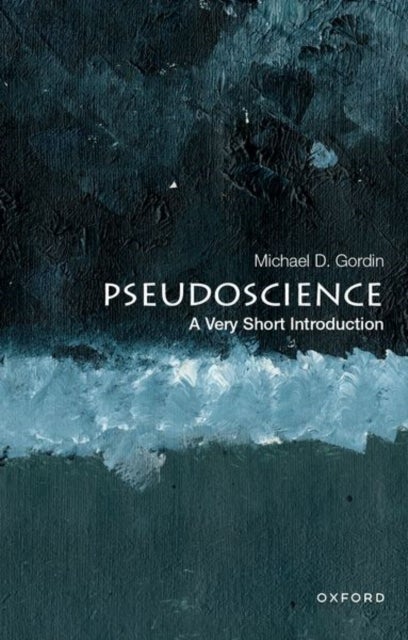
Pseudoscience: A Very Short Introduction av Michael D. (Rosengarten Professor of Modern and Contemporary History and director of the Society of Fellow
159,-
Everyone has heard of the term "pseudoscience," typically used to describe something that looks like science, but is somehow false, misleading, or unproven. Many would be able to agree on a list of things that fall under its umbrella - astrology, phrenology, UFOlogy, creationism, and eugenics might come to mind. But defining what makes these fields <"pseudo>" is a far more complex issue. It has proved impossible to come up with a simple criterion that enables us to differentiate pseudoscience from genuine science. Given the virulence of contemporary disputes over the denial of climate change and anti-vaccination movements - both of which display allegations of <"pseudoscience>" on all sides - there is a clear need to better understand issues of scientific demarcation.Pseudoscience: A Very Short Introduction explores the philosophical and historical attempts to address this problem of demarcation. This book argues that by understanding doctrines that are often seen as antithetical to sc








